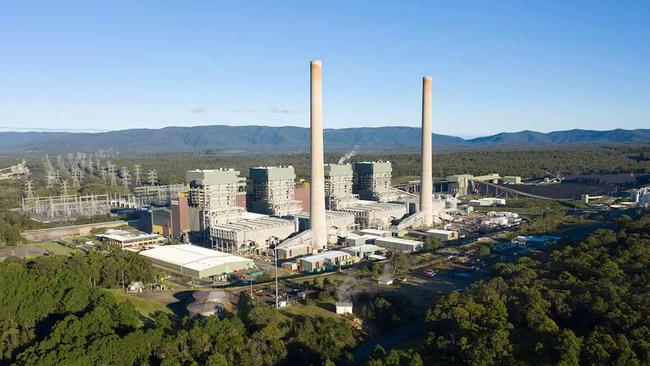Caleb Bond: Why would you stump up big money to pre-empt issues with a power plant you’re planning to close within a decade?
The energy crisis threatening to plunge Australians into the cold and dark has been a long time coming — and obvious, writes Caleb Bond.
Opinion
Don't miss out on the headlines from Opinion. Followed categories will be added to My News.
We should have known this energy crisis was coming.
State and federal governments have for years been pumping money into renewables to the point where coal and gas have become unaffordable.
That was the whole point. If you make renewables cheaper than fossil fuels, then of course energy retailers will be more inclined to purchase them.
That’s all well and good when you have enough power to go around. But we are quickly learning the follies of a rush to renewable energy, governments having interfered in the market to the point where it has all fallen apart.
And their answer to that is to interfere further – controlling prices and supply because their experiment has failed. We have been sold a pup. One of the reasons we are in this pickle is because a large number of coal-fired power stations are currently running at reduced capacity due to maintenance issues.
Our coal power stations are, essentially, in decline.
AGL and Origin are continually bringing forward the closure of their coal plants because it is no longer cost-effective to maintain them compared to heavily subsidised renewables.
The Loy Yang A station in Victoria will now close three years ahead of schedule. Its Bayswater plant at Muswellbrook in NSW is may close as early as 2030 – five years ahead of schedule.
It has the capacity to power two million homes.
The country’s largest coal power station, Eraring, on the NSW Central Coast, will shut seven years ahead of schedule in 2025.
There are plenty of others closing in coming years – Liddell next year and Yallourn in 2028.
West Australian Premier Mark McGowan announced on Wednesday that he would shut all state-owned coal power plants by 2030.
There is no encouragement for power produces to maintain their coal plants to the highest standards because they are running at increasingly high costs. It is hardly a surprise that a natural consequence of that would be the degradation of these plants.
Why would you stump up big money to pre-empt issues with a power plant you’re planning to close within a decade?
So you wait for things to go wrong – as they have – and then you’re hit with supply shortages that mean you can’t fix them for months.

Politicians then stand up to tell people living in a first-world country that they have to ration power in the middle of winter. They never seem to mention, though, that it is their policies that have led us here.
In our hour of need, renewable energy has not been up to the job. It is, by its nature, periodic in its production and there is nowhere near enough storage. Our transition to renewable energy has been too hard and too fast.
There is nothing wrong with introducing renewable energy to the mix. But it had to be done in a way that was not detrimental to the economy nor our nation’s energy security.
We have an abundance of coal, gas and uranium in Australia which we are quite happy to dig up or extract and send overseas for other people to burn.
Meanwhile, we hurtle full throttle into renewables and act surprised when the old forms of power aren’t there to pick up the slack.
Renewable energy may now be cheaper in monetary terms, but it has come at the cost of our energy security.




